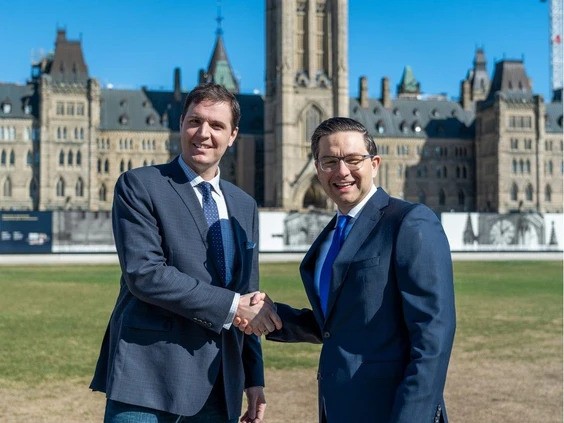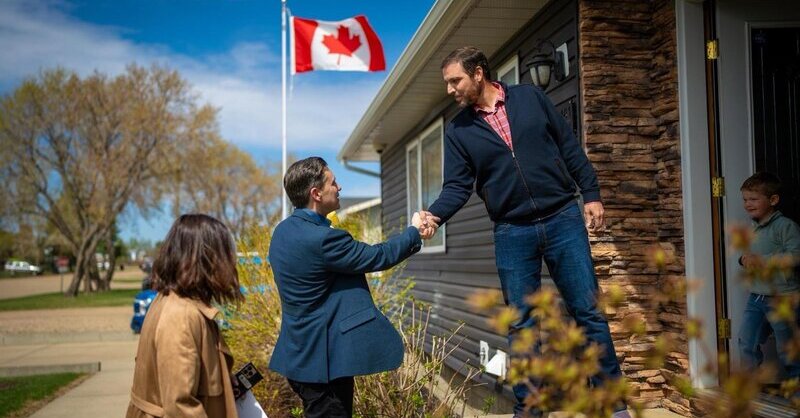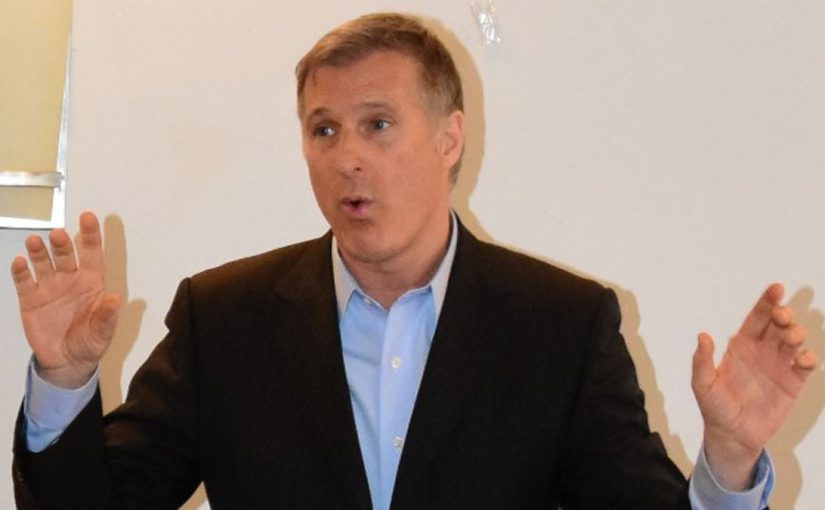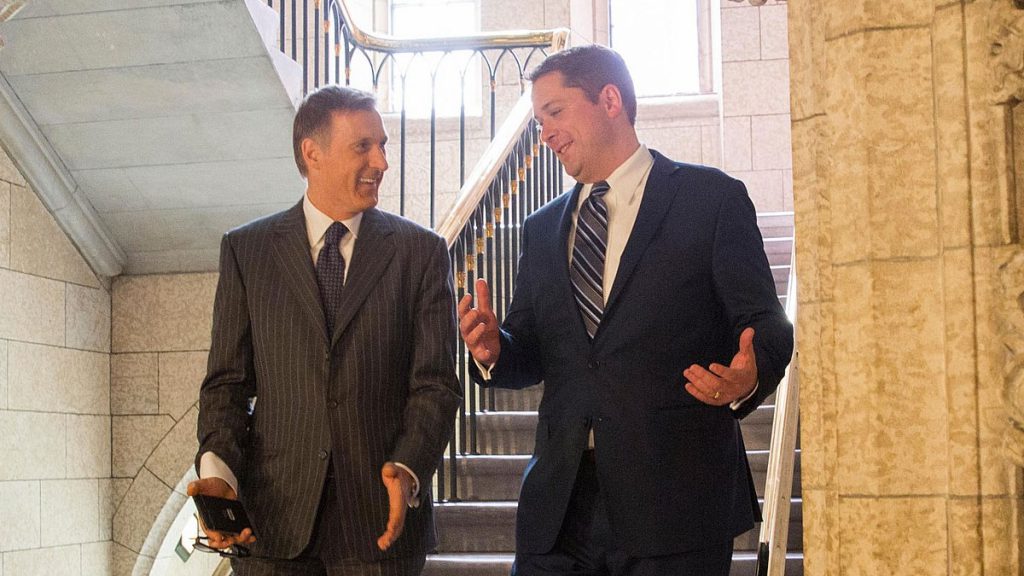On October 21st, Justin Trudeau was reduced to minority government status with stronger Conservative opposition forming dominant regional representation in the west and a resurgent Bloc Quebecois spoiling the night for federalist parties in Quebec. Yet, despite this black eye for Trudeau, much of the focus has been on Andrew Scheer’s campaign. Why did he come up short? What held him back? Why could this new opposition leader not do something unprecedented in Canadian history and unseat a one-term majority Prime Minister on his first outing?
Was it Mr. Scheer’s social conservatism? Was it the well-worn Liberal narrative in Ontario that Doug Ford’s “cuts” would be a template for a federal Conservative government? Was it climate change? Many theories abound among jaw-wagging pundits angling for clicks and among Liberals looking to introduce discord into the Conservative party. But why is there such a cottage industry of political know-it-alls offering up theories?
We lack useful data when it comes to why people vote the way they do in Canadian elections.
American context
In the United States, exit polls are conducted the day of the election as voters leave the polls. They are asked who they voted for and why they voted as they did. Their demographics, districts, and psychographics are jotted down and they are asked the kind of questions we are only speculating about in Canada today.
American pundits and commentators are able to appreciate why women in Wisconsin rejected one candidate, while college educated men in Colorado supported another. Depending on the depth of the survey, illuminating results can be derived that can have a real impact on representation and outreach.
So, why don’t we do exit polling in Canadian elections?
It mostly comes down to cost. Pollsters typically take 1000 person samples for their polls on the best of days. This sample is distributed across the country. A person’s reasons for voting Liberal may differ significantly in one part of the country and among one demographic than it may among others in another part of the country. These divisions raise the margin of error among an already small sample. Nik Nanos has an alternative approach where he queries a rolling sample of a few hundred people per day and then pools the result.
Pollsters are already preoccupied with making the best showing as confirmed by the actual electoral result. Exit polls, by contrast, do not have a comparative check on accuracy and therefore don’t award reputational kudos.
Yet, this missing data creates a huge blindspot and hurts our ability to understand the result. Currently, we add up the seats and speculate from there.
Better understanding leads to better representation
Furthermore, it is important to appreciate late-breaking issues that were determining factors in why electors cast their ballot. Vote-switching is also a phenomenon not well-quantified in Canada one that becomes more and more important as Canadians vote strategically in a fractured multi-party system that elects a candidate under first-past-the-post.
Of course, it is illegal to broadcast or disseminate an election survey during the blackout period defined by Canada’s elections regulator. Most importantly, this includes election day itself.
No person shall cause to be transmitted to the public, in an electoral district on polling day before the close of all of the polling stations in that electoral district, the results of an election survey that have not previously been transmitted to the public.
Canada Elections Act
However, polling can be conducted with the results held until the polls close. Canadian elections and exit polling – it’s long overdue.
So, what halted Andrew Scheer’s victory in Ontario? In Quebec? For that matter, why did Singh lose his caucus in Quebec? Why did Trudeau lose his majority? Without exit polling, we are left to rely on speculation and hot air from pundits.




